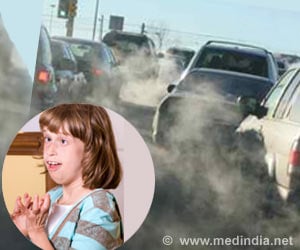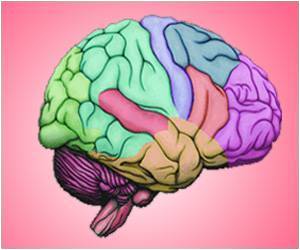Sources of air pollution ranging from cooking fires to auto fumes have contributed to an estimated seven million deaths worldwide in 2012, revealed the UN health agency on Tuesday.

Globally, pollution was linked to one death in eight in 2012, new WHO research found.
The biggest pollution-related killers were heart disease, stroke, pulmonary disease and lung cancer.
The hardest-hit regions of the globe were what the WHO labels Southeast Asia, which includes India and Indonesia, and the Western Pacific, ranging from China and South Korea to Japan and the Philippines.
Together, they accounted for 5.9 million deaths.
The global death toll included 4.3 million deaths due to indoor air pollution, chiefly caused by cooking over coal, wood and biomass stoves.
Advertisement
Many people are exposed to both indoor and outdoor pollution, the WHO said, and due to that overlap the separate death toll attributed to the two sources cannot simply be added together, hence the figure of seven million deaths.
Advertisement
When it last released an estimate for deaths related to air pollution, in 2008, the agency had put the figure related to outdoor pollution at 1.3 million, while the number blamed on indoor pollution was 1.9 million.
But a change in research methods makes comparison difficult between the 2008 estimate and the 2012 figures, Neira said.
In the past, for example, the WHO did not take into account the overlap between exposure to both forms, and only assessed urban pollution.
Satellite imagery has made it easier to assess rural pollution, and new knowledge about the health impact of exposure has enabled a better count.
- 'Can't buy bottled air' -
"The risks from air pollution are now far greater than previously thought or understood, particularly for heart disease and strokes," said Neira.
"Few risks have a greater impact on global health today than air pollution. The evidence signals the need for concerted action to clean up the air we all breathe."
According to the WHO, some 2.9 billion people in poor nations live in homes that use fires as their principle method of cooking and heating.
Carlos Dora, the WHO's public and environmental health coordinator, said that turned homes into "combustion chambers".
Simple measures to stem the impact include so-called "clean cook stoves", which are a low-tech option, as well as improved ventilation, he said.
Countries also need to rethink policies, Dora said, pointing to the impact in the developed world of a shift to cleaner power sources, more efficient management of energy demand, and technical strides in the auto industry.
He also said transport policies needed a shake-up.
With air pollution having sparked a recent scare in France, leading to restrictions on car use and the temporary scrapping of public transport fees in Paris, Dora said such measures could be applied in the longer term.
"You can't buy clean air in a bottle," he said.
"The air is a shared resource. In order to breathe clean air, we have to have interventions in the areas that pollute air."
The WHO said it planned by the end of this year to release a ranking of the world's 1,600 most polluted cities.
Source-AFP









